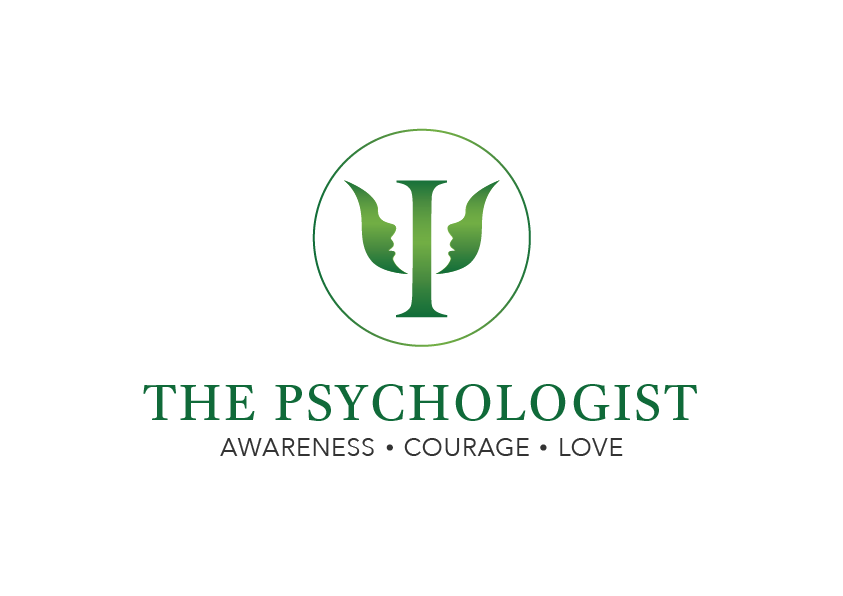When the Mind Speaks, the Body Listens: The Impact of Psychological Health on Physical Well-being
Meet Joan. A vibrant young professional in Singapore, she once loved her morning jogs and weekend hikes. But in recent months, her energy waned. She felt constantly exhausted, her appetite unpredictable, and her sleep, restless. Doctors ran tests—results came back clear. Yet, her body was clearly struggling.
What Joan was facing wasn’t just physical. It was the echo of chronic stress—a psychological experience that had quietly begun to reshape her body’s well-being.
In Singapore’s fast-paced, high-performing society, many of us are familiar with the idea of staying physically fit: eat well, exercise, get enough sleep. But what’s often overlooked is how deeply connected our psychological health is to our physical condition.
The Silent Strain of Stress
Stress is more than just a mental burden—it initiates real biological responses. It triggers adrenaline and cortisol, which prepare our bodies to react in short bursts. But when stress lingers, it becomes toxic. Over time, prolonged stress can wear down our cardiovascular system, suppress our immune response, and increase the risk of conditions such as diabetes, obesity, and heart disease.
We’re not just talking theory. Research has shown that stress-related illnesses contribute significantly to healthcare costs and reduced quality of life globally. And in Singapore, this link is increasingly recognised in both healthcare and corporate wellness programmes.
Depression, Anxiety, and the Body
Depression doesn’t just feel heavy emotionally—it weighs down the body too. People who are depressed often experience fatigue, appetite changes, disrupted sleep, and reduced motivation to maintain physical health. Tasks like cooking, exercising, or even going for medical check-ups can feel monumental.
Anxiety, similarly, can manifest through persistent headaches, stomach discomfort, and muscle tension. It pushes the body into a state of constant alertness, draining energy and leaving us more susceptible to illness.
Three Pathways from Mind to Body
Biochemical changes: Psychological states like stress or anxiety cause hormonal changes (e.g., elevated cortisol) that can lead to inflammation, metabolic changes, and immune dysfunction.
Wear and tear: Mental distress gradually erodes physical resilience, increasing vulnerability to illness.
Neglect of self-care: When mental health falters, so do health behaviours. Skipped meals, poor sleep, lack of exercise, and missed medical appointments can become the norm.
Building Awareness, Finding Courage
The good news? The connection works both ways. Improving our psychological health can enhance our physical well-being. By addressing mental stressors early, adopting healthier coping strategies, and seeking support when needed, we open the door to healing—inside and out.
Simple Steps for a Healthier Mind and Body
Make time for rest and play. Busyness isn’t a badge of honour. Pausing is a powerful act of love for yourself.
Nurture relationships. Staying connected with trusted people buffers stress and promotes well-being.
Seek professional help early. Talking to a psychologist isn’t a sign of weakness—it’s an act of courage and commitment to your health.
At The Psychologist, we believe that healing begins with awareness, grows with courage, and is sustained by love. Whether you're navigating stress, managing chronic conditions, or simply trying to reconnect with your well-being, we're here to walk with you.
Your journey to better health starts with one small step. Let’s take it together.
